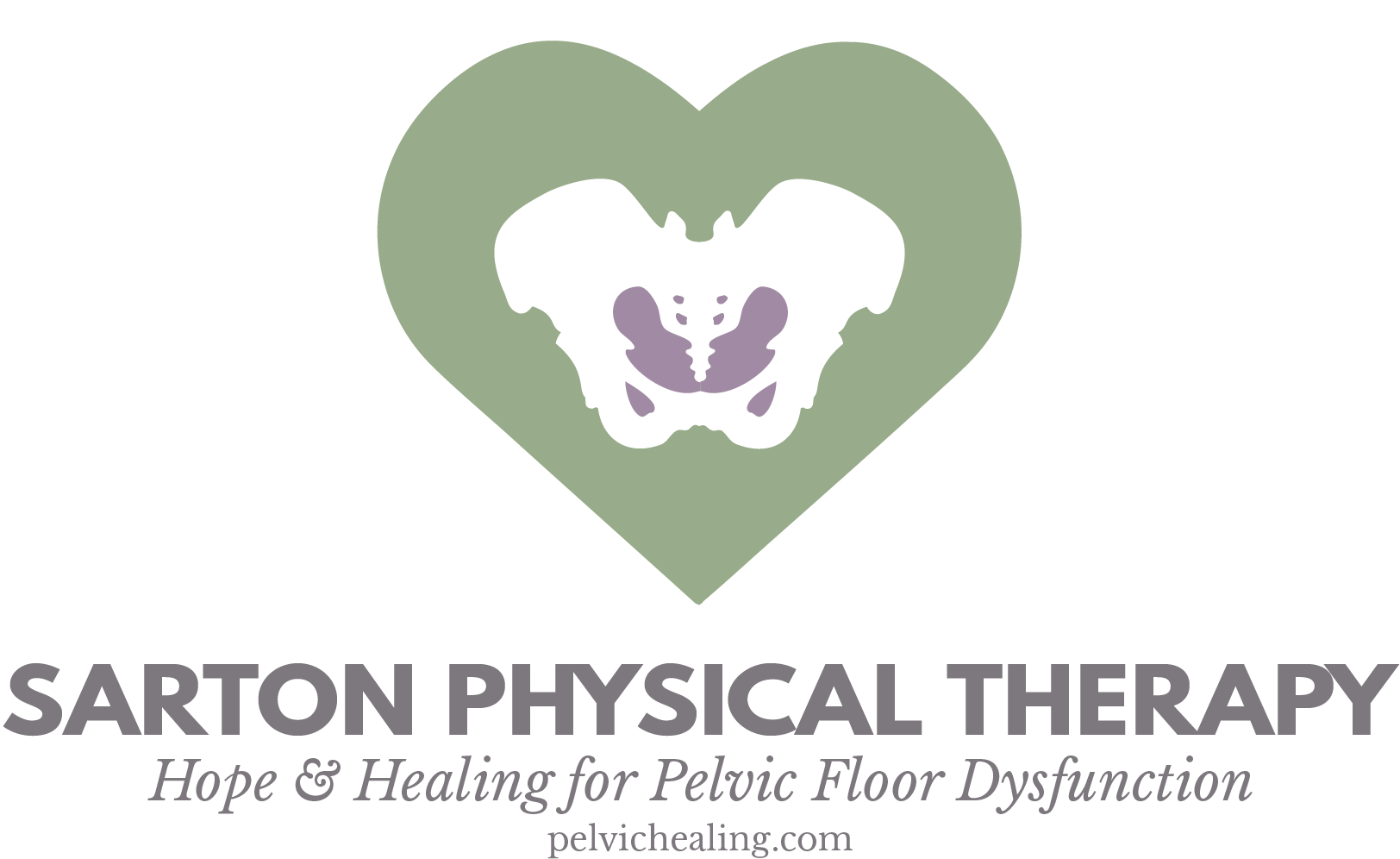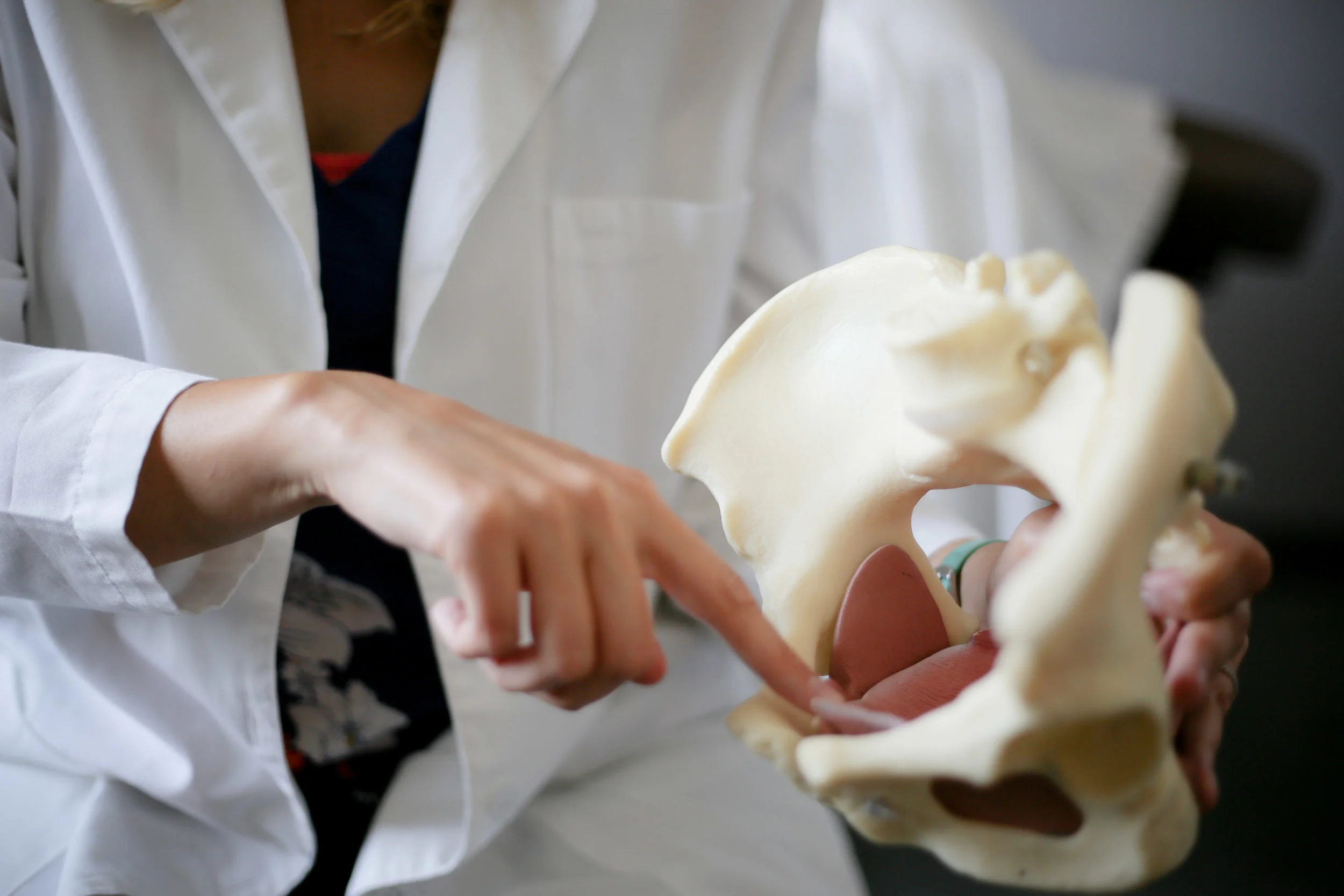If Your Pain Could Talk, Here's What It Might Say (Plus: How to Talk Back)
Have you ever stepped on a sharp shell on the beach?
Not the most pleasant of feelings, right? Most of the time, we react without even thinking. We pull our foot away (and usually address the unfortunate circumstance with a verbal frustration)!
What is fascinating, though, is to look at this painful experience from the perspective of your body and your brain, which undergoes a lot more than a quick knee-jerk reaction when it comes to the recognition of pain sources—even in a very small span of time.
In a split second, as the pain is introduced to your physical body, your body’s alarm system is activated as it recognizes a “tissue threat” (aka the sharp shell).
Pain is a normal human experience, and we could not live without it.
Why?
Well, it is because of pain that our body can recognize its presence and adapt to avoiding (and hopefully preventing) it.
Let’s revisit the stepping on something sharp example. As you step on that sharp shell, you might say “OUCH!” In that same amount of time, your body says:
Woah! What is this? Your foot’s tissues actually surround the sharp shell quickly guard and protect you.
Nope, don’t like this. You pull away from the sharp shell because your brain sends action signals to pay attention to your foot and walk away
Okay, I’m calming down — but let’s please not let that happen again. Your body’s alarm system returns to rest and is there for you when you need it, as we don’t want to be stepping on sharp shells on a beautiful beach day!
Now, outside of this beach example, think about pain you may experience in your daily life—whether from pelvic floor dysfunction, pelvic pain disorders, or other sources of pain.
How do our bodies act when we experience pain persistently?
With persistent pain, your body’s internal alert system becomes a lot more sensitive, and takes more time for the alarm system to return to its resting state.
You may be thinking: what exactly is keeping my body’s alarm system from returning to rest?
According to “Why Pelvic Pain Hurts” by experts Adriaan Louw, PT, PhD, CSMT, Sandra Hilton, PT, DPT, MS, and Carolyn Vandyken, PT, Cred MDT, CCMA (acup), here are some of the reasons as to why your alarm system might be more sensitive with persistent pain:
Failed treatment
Family concerns and job issues
Fear and anxiety
Different explanations for your pain
In essence, the more we experience pain, the more sensitively our bodies react to it. This, we know, is far from ideal when it comes to living our lives with freedom to participate in the activities we love.
That’s why, at Sarton Physical Therapy, we value taking the time to discuss your history, symptoms, self-care behaviors, and more to then perform a thorough evaluation from head to toe to identify what may be contributing to your body’s internal alarm system and persistent pain. We strive to provide a personalized healing plan, educate, teach and empower you to build confidence in engaging in movement, intimacy, healthy bowel and bladder habits, and life activities that you never thought would be possible again!
We are accepting new patients at all locations in Tustin, Los Alamitos, and Mission Viejo and would love to work with you to empower you to regain control and become the CEO of your body!
References
Louw, A., Hilton, S. & Vandyken, C. (2014). Why Pelvic Pain Hurts: Neuroscience Education for Patients with Pelvic Pain.
We want to encourage you to get evaluated by one of our outstanding physical therapists, and regain control of your life. Pelvic pain, pelvic floor dysfunction, back pain, tailbone pain—you name it—these conditions do not have to control your life. There is hope. Call us today to book an appointment for 1 of our 3 Southern California locations, or inquire about a virtual, online treatment session.
Learn More
Sarton Physical Therapy and its affiliates recommend that you contact your physician before participating in any physical therapy, exercise or fitness related programs. Learn More.
YouTube
Social
Read More
- About Us 17
- Athletes 8
- Bladder Health 22
- Diagnoses 57
- Education 49
- Endometriosis 12
- Exercises 9
- Global Patient Program 9
- Interstitial Cystitis 19
- Intro to Pelvic Floor PT 33
- Men's Health 32
- My First Visit 4
- Online Treatment 2
- Pain Science 9
- Pain With Sex 25
- Pelvic Education Alliance 4
- Pelvic Floor Friends 1
- Pelvic Pain 45
- Pelvic Pain Superheroes 10
- Posture 3
- Pregnancy 13
- Pudendal Neuralgia 20
- Stretching 8
- Support 32
- Surgery 16
- Testimonials 35
- Treatments 46
- Vulvodynia 2
- Vulvodynia/Vestibulodynia 14
- Women's Health 55











